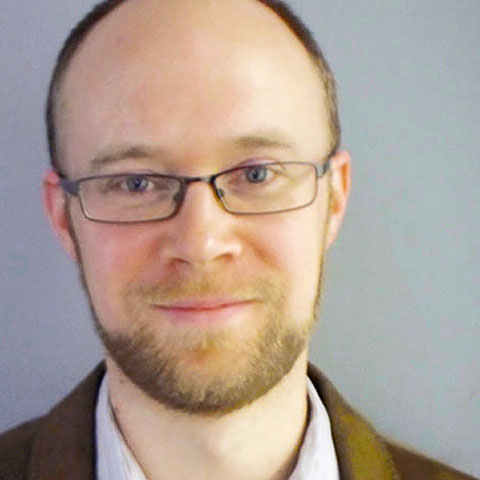The KLI support international groups of scholars in the life and sustainability sciences working on interdisciplinary projects to conduct their groundbreaking research at the institute. KLI Focus Groups and Working Groups aim to develop ideas on a particular subject and generate suggestions for action. The participants have different scientific backgrounds and strive to develop specific, practical goals. Focus Groups are one-time meetings gathering and working together at the KLI for a period of one to maximum two weeks. Working Groups comprise 3 meetings over the course of one year and a half.
Event Details

Topic description:
Despite its pervasiveness, the concept of ‘levels of organization’ has received little attention in its own right. In this presentation I will argue that, contrary to recent claims of its uselessness, the 'levels' concept can be revealed as a uniquely effective and flexible conceptual tool tailored to perform a wide host of scientific tasks. This approach posits a fragmentary concept that balances a striking variation in conceptual content between instances of usage with a remarkably conserved and sufficiently unifying significance attributed to it across these instances. Key to this 'fragmentary account' will be a reconstruction of 'levels’ that situates the concept within an interest-relative matrix of active usage within scientific practice. To this end I posit here two important components that comprise my fragmentary account: the term’s content fragments, which replace meaning and reference as carriers of the term's conceptual content, and the epistemic goal (sensu Brigandt 2010) motivating the term's usage, which delegates tasks whose execution fill these fragments in a given instance. Together, these show the concept of levels to be minimally but sufficiently coherent and unified. This heuristic, usage-based treatment of levels does not diminish the concept's general importance to science, but rather allows for its use in, and usefulness for, scientific practice to be better contextualized to particular tasks encompassing varying breadths of activity.
Biographical note:
Daniel holds Bachelor´s degrees in Philosophy and German Studies from the University of Cincinnati and a Master´s degree in Philosophy from Bielefeld University. In 2014 he completed his Ph.D. studies in Bielefeld under his dissertation project “The Concept of Levels of Organization in Biology”. Before his postdoctoral fellowship at the KLI, Daniel taught graduate and undergraduate seminars in current topics in the philosophy of science and epistemology at the University of Münster.


